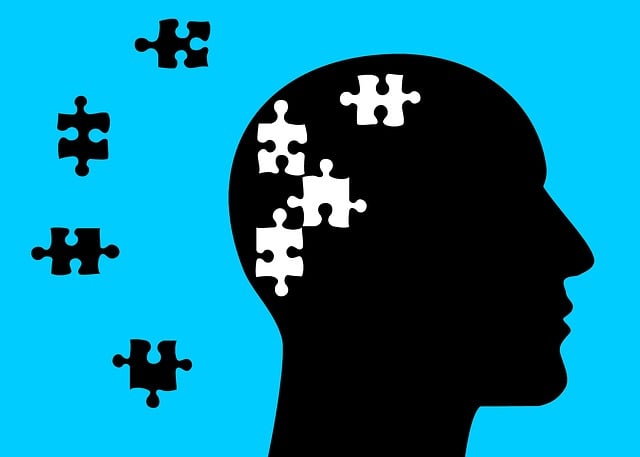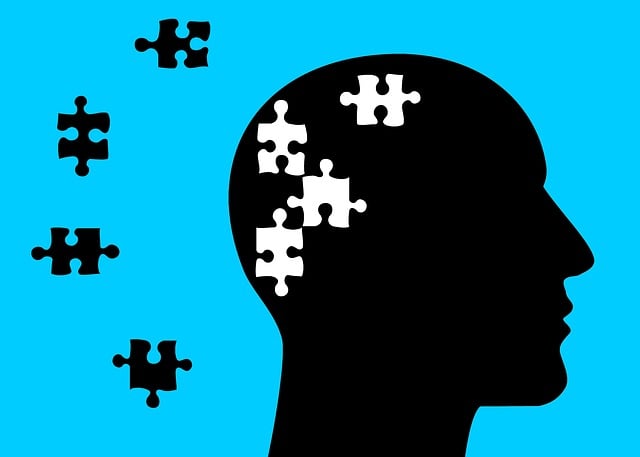In Littleton, where stress and emotional turmoil are common, specialized Littleton Divorce Therapy is vital for couples facing divorce. This therapy addresses the complex interplay between divorce and pre-existing or recent traumas, offering evidence-based practices like EMDR and cognitive processing to heal mental health issues such as anxiety, depression, and PTSD. By creating a safe, culturally sensitive environment, therapists enable clients to process traumatic memories, build self-compassion, and develop healthy coping mechanisms while reducing stigma for open discussions. This tailored approach enhances resilience and promotes overall emotional well-being during and after divorce.
Trauma support services are vital in helping divorcing couples in Littleton navigate the emotional challenges they face. This article explores the profound impact of trauma on this demographic and highlights the critical role therapy plays in mitigating its effects. We delve into strategies for providing effective trauma-informed care within Littleton divorce therapy services, emphasizing a holistic approach to support clients’ physical and psychological well-being during this transformative period.
- Understanding the Impact of Trauma and its Effect on Divorcing Couples in Littleton
- The Role of Therapy and Support Services in Mitigating Trauma During Divorce
- Strategies for Providing Effective Trauma-Informed Care in Littleton Divorce Therapy Services
Understanding the Impact of Trauma and its Effect on Divorcing Couples in Littleton

Trauma can have profound and lasting effects on individuals, especially during emotionally charged events like divorce. In Littleton, where high levels of stress and emotional turmoil are not uncommon, understanding the impact of trauma becomes crucial for effective support services. A comprehensive Littleton Divorce Therapy program must address the mental health needs of couples navigating this challenging phase, particularly considering pre-existing traumatic experiences.
Divorce often exacerbates existing mental health issues, and when coupled with potential childhood traumas or recent stressful events, it can lead to heightened anxiety, depression, and even post-traumatic stress disorder (PTSD). The Mental Health Policy Analysis and Advocacy community recognizes this, advocating for services that prioritize cultural sensitivity in mental healthcare practice. By integrating these policies, outreach programs can be designed to engage couples from diverse backgrounds, ensuring they receive the tailored support needed to overcome trauma and rebuild their lives following a divorce. Effective Community Outreach Program Implementation strategies are vital to reaching these individuals and offering them the resilience-building tools necessary for healing.
The Role of Therapy and Support Services in Mitigating Trauma During Divorce

Divorce is a complex process that can take a significant toll on individuals, often leading to various forms of trauma. During this challenging time, therapy and support services play a pivotal role in helping people navigate their emotions and heal. Many professionals in Littleton Divorce Therapy employ evidence-based practices to mitigate the impact of divorce-related trauma, focusing on emotional healing processes. These therapies offer safe spaces for individuals to express their feelings, work through difficult memories, and develop healthy coping mechanisms.
One effective approach is compassion cultivation, which encourages self-compassion and empathy towards oneself and others. This practice has been shown to reduce stress and anxiety, enabling individuals to better manage the emotional rollercoaster that often accompanies divorce. Additionally, stress management techniques are integral to trauma support services, empowering people with tools to regulate their responses during this turbulent period. By addressing these aspects, Littleton Divorce Therapy ensures that clients receive comprehensive care tailored to their unique needs.
Strategies for Providing Effective Trauma-Informed Care in Littleton Divorce Therapy Services

Effective trauma-informed care in Littleton Divorce Therapy services involves creating a safe and supportive environment that acknowledges and respects clients’ past traumatic experiences. This means therapists must be trained to recognize and respond appropriately to signs of trauma, using strategies that promote healing rather than re-traumatization. By adopting trauma-focused approaches, such as Eye Movement Desensitization and Reprocessing (EMDR) or cognitive processing therapy, therapists can help individuals process and overcome their traumatic memories, fostering self-esteem improvement and emotional well-being promotion techniques.
The integration of mental illness stigma reduction efforts is also crucial. Creating a non-judgmental space encourages clients to openly discuss their experiences without fear of criticism, fostering trust and facilitating the exploration of complex emotions. Through this process, individuals can begin to heal not only from their divorce but also from any underlying trauma, ultimately leading to enhanced resilience and improved overall mental health.
In conclusion, trauma support services play a pivotal role in assisting divorcing couples in Littleton. By understanding the profound impact of trauma and implementing trauma-informed care strategies, therapists and divorce service providers can significantly mitigate its effects. Adopting these practices ensures that individuals navigating divorce receive compassionate, effective assistance, fostering healthier emotional outcomes for all involved. Littleton Divorce Therapy, centered on trauma awareness, has the potential to revolutionize the support available to couples facing this challenging life transition.














